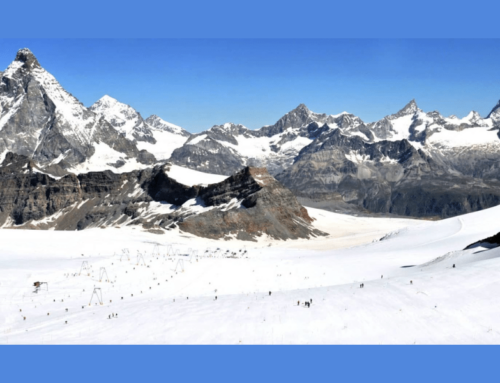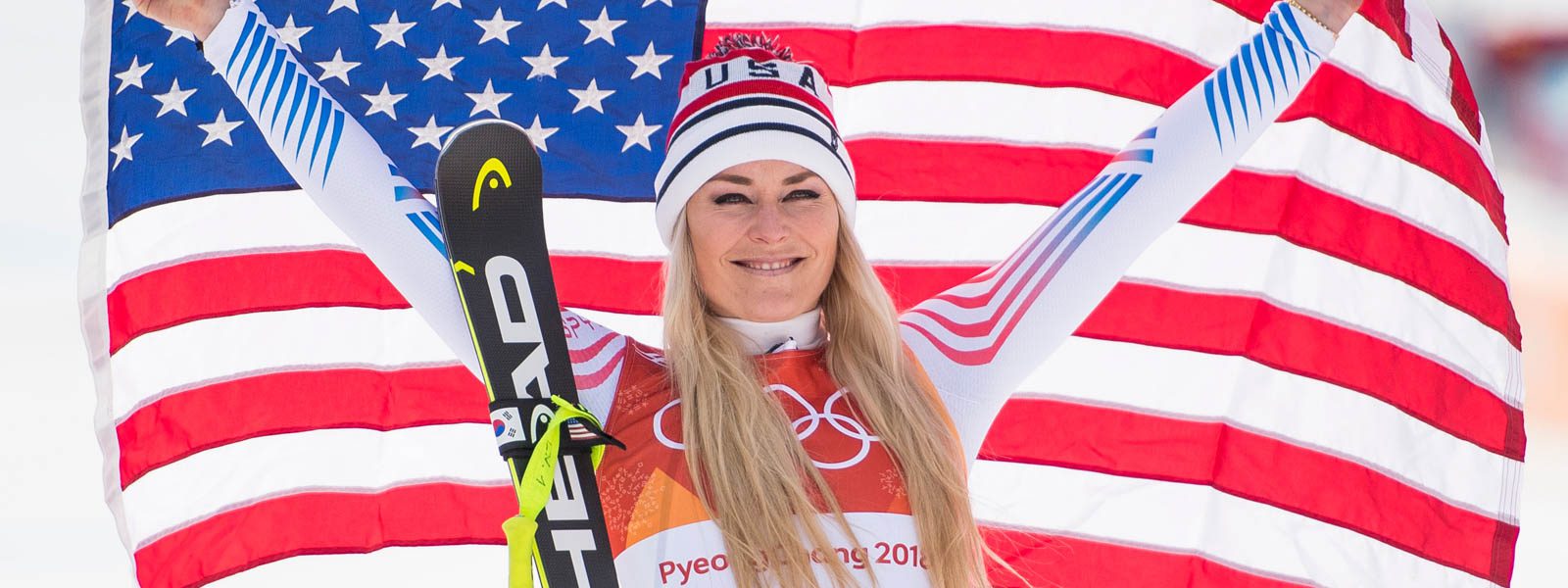Austrians dominate Alpine Junior Worlds super G
As the sun poked its head out, the FIS Alpine World Junior Championships continued with the men’s and women’s fields both tucking into a fast and gritty super G course. This was fantastic news for athletes, as they endured wind, fog, and snowy conditions for the downhill race a day earlier. The Austrian athletes shined once again on the podium for the super G with two men and two women taking over the silver- and gold- medal positions. Rising to the top, Stefan Rieser of Austria captured the first-place medal, and for the women, Magdalena Egger grasped onto her second gold of the alpine world juniors.

The women kicked off the day with sunshine and fast lines. The track was well laid out by the time Magdalena Egger (AUT) ripped down, wearing bib-23. She was able to tuck her way into the first-place position, with a time of 1:08.10. Her compatriot, Lisa Grill (AUT) was barely off her tail for the second day in a row, just 0.28 behind. Rounding out the podium, Karen Smadja Clement of France came down just 0.01 off of Grill.

During the race, Egger started strong. On the upper part of the course, she immediately pulled out ahead of the field. After the first two intervals, she already had a 0.60 lead. Through the corridor section into the last part of the hill, Egger lost a little bit of time but still kept her lead through the finish, 0.28 in front. For Egger, this was her first win in a FIS-level super G. She competes in every discipline, and her results have shown that she is a well-rounded racer.
For the women’s U.S. Ski Team, Keely Cashman earned a top-five finish coming into fifth-place, and her teammate AJ Hurt was not far behind, just 0.14 off of Cashman. Unfortunately, Olivia Holm, starting bib-20 got jolted out of the course on the last pitch.
“The course set was very challenging in the middle section, with high-speed technical turns down the pitch and through the terrain, which caused a high DNF rate. The staff was proud of the way our athletes attacked the hill and skied strong when it counted,” Chip Knight, Alpine Development Director said.

For the men, Stefan Rieser, wearing bib-6 threw down a fast run with a winning time of 1:06.47. Behind him wearing bib-25, compatriot, Armin Dornauer (AUT) came across the finish line just 0.51 behind Rieser. For the bronze-medal position, Yannick Chabloz of Switzerland finished 0.54 behind the leader.
On Saturday, after Rieser’s bronze medal in the downhill he said, “For the super G, I want to just let the skis run and not think too much about the ideal line.” By letting go and not overthinking, Rieser was able to fully send it into the first-place medal in the super G.
Jim Taylor in Psychology Today stated that “First, you can’t think your way through competitive performance. Regardless of your sport, there’s simply no way you can consciously guide yourself through a performance (though some conscious cues along the way can be useful). Your mind would interfere with allowing your body to do what it’s supposed to do.”

This is a critical component to analyzing Rieser or any other athlete that has the capability to come out on top. For Rieser, the top section of the course deemed a bit more challenging for him. After the first interval and second interval, he was 0.63 behind the leading time, but as he made his way down through the bottom corridor and the last part of the hill, he was able to make up a tremendous amount of lost time. Rieser came across the finish line 0.51 in front of the field.
For Dornauer (AUT), this was the first podium he has earned in super G at the FIS level. Another exciting finish was an ‘attack from the back’ result from Swedish athlete Olle Stroem who started bib-58 and earned a seventh-place position.
For the men’s U.S. Ski Team, three of the athletes made it into the top-15. Bradshaw Underhill skied into a ninth-place finish with a time of 1:07.86. Isaiah Nelson skied into 13th-place and teammate Matthew Macaluso came across the finish into 15th-place. Unfortunately, Bridger Gile came onto the upper section a little low and late, which caused him to miss the next turn.
Overall, the super G was another awesome day of racing for the FIS Alpine World Juniors. Tomorrow the women will get ready to take on the Alpine Combined. Stay tuned.





















